Wheeeee love slides!
Here at Little Owl Cannock Daycare Nursery that “Wheee” sound is a very familiar one to us all!
Our children love spending time climbing on the variety of slides we offer.
The benefits of using a slide make it more than just a fun activity ….
? It helps them learn to balance as they have to keep their torso in balance as gravity pulls them down.
?there is a lot of coordination involved in climbing the ladder,changing position at the top, safely, sitting down and finally descending .
?climbing the steps is a super way to strengthen upper and lower body muscles as well as giving them a cardio work out!
?valuable social skills are being learned, taking turns -waiting for someone to move before sliding down, cooperating with each other will help them interact throughout childhood and into adulthood. Communication and language is developed also as they count the steps and ask for help if needed.
So let’s encourage this type of activity as much as possible!
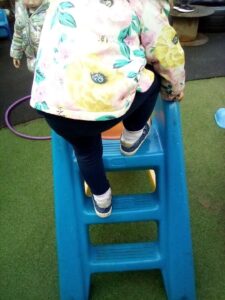
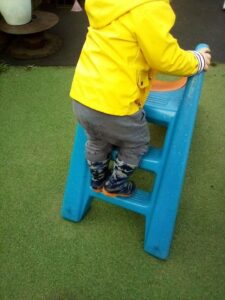
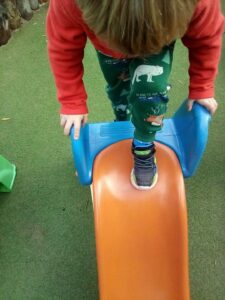
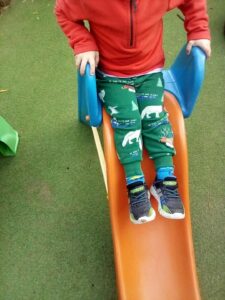
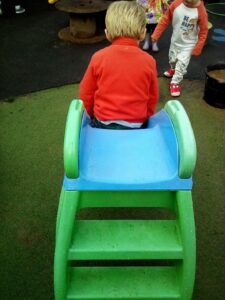
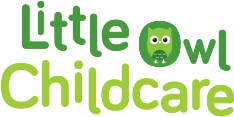
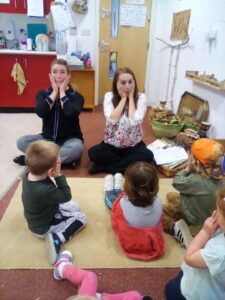
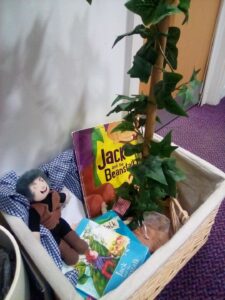
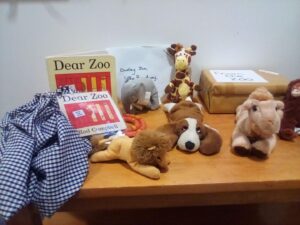 here are a couple of examples…
here are a couple of examples…

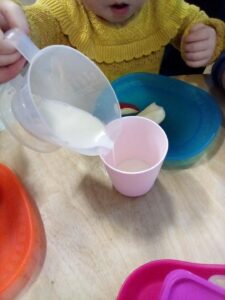
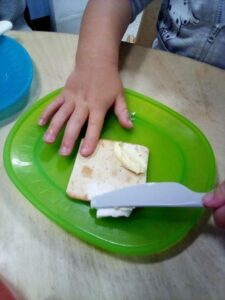
Recent Comments